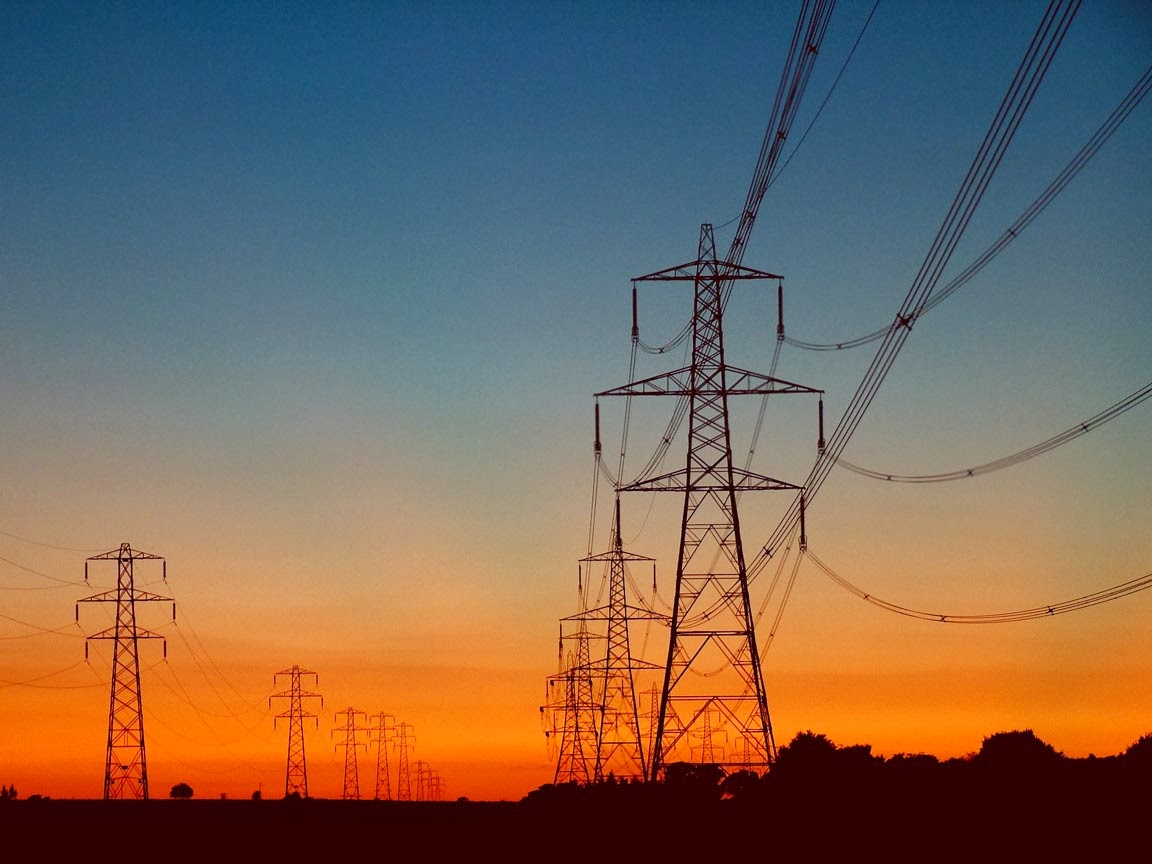- The modelling results confirm that there is significant overcapacity in Ghana, at present, and that this overcapacity is expected to continue for the next 5–7 years as the power plants currently under construction are commissioned in 2018 and 2019. The RESERVE MARGIN IN 2018 IS SIGNIFICANTLY HIGHER THAN THE PLANNED RESERVE MARGIN OF 20%. Furthermore, the overcapacity challenge situation is expected to continue into the mid-2020s”
- Additional conventional, THERMAL GENERATION WILL NOT BE NEEDED UNTIL THE MID-2020S IN GHANA, due to the three combined cycle gas-fired plants (Cenpower, Early Power, and Amandi) that are already under construction.”
- Over the next 10 years (2018–2027), a total of about 800 MW of renewable energy (solar PV, wind, biomass, and small hydropower) and combined cycle capacity is only needed in 2028″
- It is important to recognise that having sufficient installed capacity does not, by itself, equate with energy security; availability of natural gas, the ability to purchase liquid fuels, and the utilisation of the power exchange with Ghana’s neighbours are necessary for ensuring operational success. ADDING MORE IMPORTED FUEL-BASED CAPACITY WILL ONLY MAKE GHANA’S ELECTRICITY SYSTEM LESS SECURE, IN THE LONGER RUN.”
- Fixed capacity charges for existing and under-construction plants will have to be paid by utilities (through consumer tariffs), whether or not these existing plants are dispatched, and therefore dispatch decisions need to be solely based on cost of generation.”
- Generally, utilities tend to project high demand growth based on over-projected demand from customers. High demand projections also encourage the development of new power generation capacity. However, there are a number of other factors (perception of reliability of grid-based electricity, higher consumer tariffs, energy efficiency, declining costs of captive generation with low oil prices, and dramatic reductions in solar PV technologies, etc.) that weaken the elasticity of electricity growth and economic growth

Full report available @ http://www.energycom.gov.gh/files/ IPSMP%20Volume%202%20Dec17_ 2018_Update_July%2018.pdf
The Overcapacity Problem in Ghana’s Electricity Market: Key Findings from the Integrated Power System Master Plan (IPSMP) for Ghana
